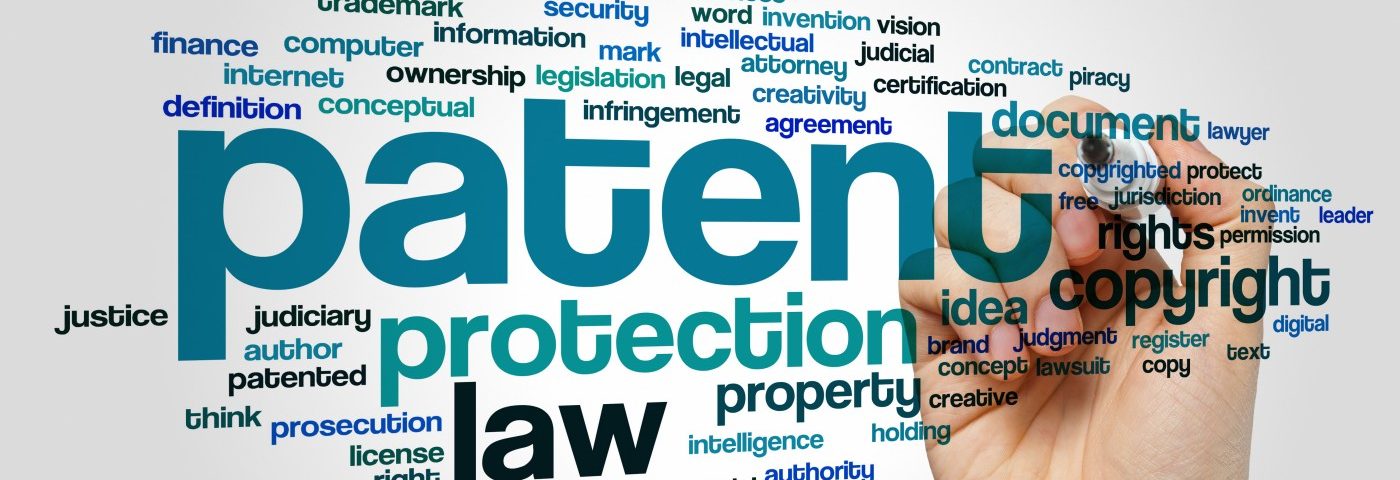The U.S. Patent and Trademark Office (USPTO) has upheld Celyad’s U.S. Patent No. 9,181,527 covering the manufacturing process and therapeutic use of human primary T-cells engineered to lack the TCR receptor and express a chimeric antigen receptor (CAR) instead.
“We are pleased with the outcome of this re-examination of our patent related to the production of allogeneic TCR-deficient CAR T-cells,” Philippe Dechamps, chief legal officer of Celyad, said in a news release. “This marks the third decision by the USPTO to uphold this patent, which thus remains valid and enforceable, and provides for continued intellectual property protection for this valuable asset.”
Claim 1 of Celyad’s patent had been challenged by an anonymous third party through an Ex Parte re-examination request. When this request is submitted, which can be done by anyone who questions the patent, the patent office initially determines if a substantial new question of patentability has been raised. If so, a re-examination is ordered in a process that is very similar to the regular examination procedure in patent applications.
The Ex Parte request was filled on Feb. 10, 2016, and the patent office issued an order to re-examine claim 1 of Celyad’s patent on March 24 last year. The final decision, issued Jan. 6, is not subject to appeal and upholds the validity of the patent.
As a result, Celyad still holds the patent for human T-cells engineered to eliminate T-cell receptor expression and expressing a chimeric receptor, according to claim 1.
The company’s lead candidate, CAR-T NKR-2, has already been evaluated in patients with acute myeloid leukemia or multiple myeloma in a Phase 1 trial. The results, recently presented at the 58th American Society of Hematology (ASH) Annual Meeting, showed that the therapy can be safely administered and has clinical benefit even after a single infusion.
“Allogeneic CAR T-cells are a promising avenue to broaden the scope of application of cell-based immunotherapy,” said Georges Rawadi, vice president of business development and intellectual property at Celyad. “We look forward to the further development of our own allogeneic programs and also continue to offer other parties access to this important patent to advance the field more broadly.”


